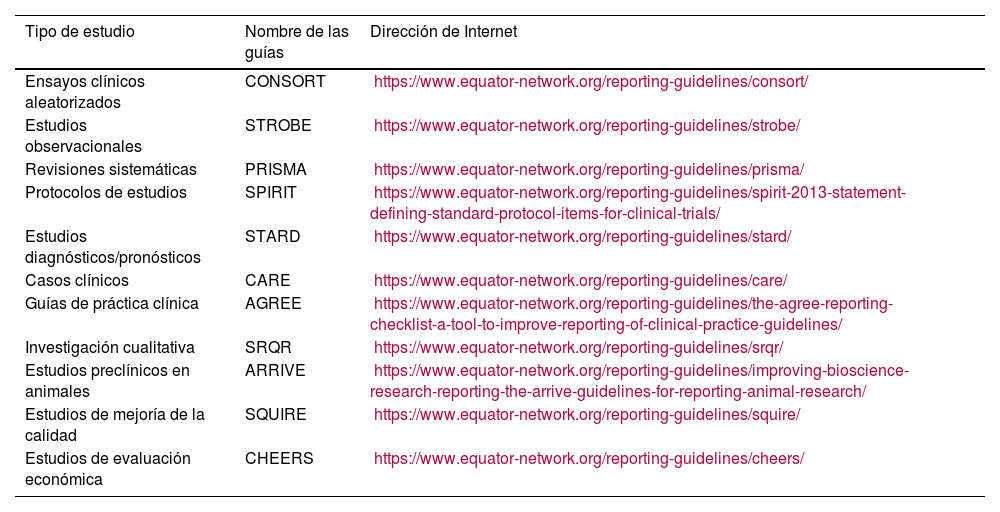La ciencia apenas existe hasta que se publica. Es solo entonces cuando la información trasciende los límites del propio autor y puede ser compartida por la comunidad científica. Aunque los artículos científicos deben seguir una estructura rígidamente definida, todavía hay margen para narrar una historia fascinante, una que transmita claramente la ciencia y resulte, a la par, placentera para el lector. Para ello, deberemos utilizar los atributos que caracterizan al buen estilo científico, con un lenguaje simple, claro, preciso, directo, riguroso y consistente. Autoría significa autenticidad y autoridad, y la consideración de un investigador como autor conlleva derechos y responsabilidades. La escritura científica no es fácil, requiere paciencia y práctica; aprender a escribir bien es una tarea de por vida. Salvo en algunas afortunadas excepciones, los escritores se hacen —se forman—, no nacen. Con la filosofía de que la mayoría de las cualidades que se requieren para escribir diestramente un artículo científico dependen de la actitud, y pueden aprenderse y mejorarse, en el presente manuscrito compartiremos con el lector una serie de recomendaciones (basadas en nuestras propias experiencias, tanto positivas como negativas), que consideramos importantes para escribir y publicar con éxito. Nos centraremos en los denominados artículos «originales» (en contraposición a los artículos de revisión, si bien muchas de las recomendaciones expuestas son aplicables a ambos). Nuestro propósito principal es incentivar a los investigadores a dar el paso necesario y enfrentar el desafío de convertirse en autores de sus propios artículos científicos y publicar con éxito su investigación.
Science barely exists until it is published. It is only then that the information surpasses the limits of the author and can be shared by the scientific community. Although scientific articles must follow a rigidly defined structure, there is still room to tell a fascinating story, one that clearly conveys the science and is, at the same time, enjoyable for the reader. To do this, we must use the attributes that characterize good scientific style, with simple, clear, precise, direct, rigorous, and consistent language. Authorship implies authenticity and authority, and considering a researcher as an author entails rights and responsibilities. Scientific writing is not easy, it requires patience and practice; learning to write well is a lifelong task. With the philosophy that most of the qualities required to proficiently write a scientific article depend on attitude, and can be learned and improved upon, in this manuscript we will share with the reader a series of recommendations (based on our own experiences, both positive and negative), which we consider important for writing and successfully publishing. We will focus on the so-called «original» articles (as opposed to review articles, although many of the recommendations presented are applicable to both). Our main purpose is to encourage researchers to take the necessary step and face the challenge of becoming authors of their own scientific articles and successfully publishing their research.








